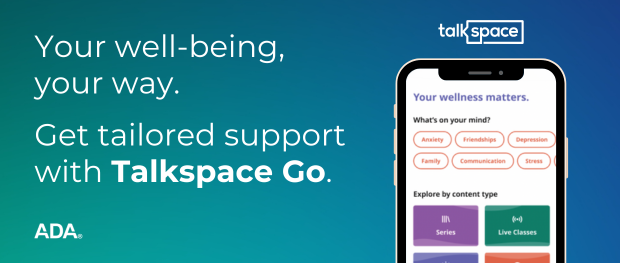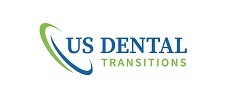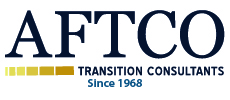Piedmont District Spring Meeting
“Improving Preparedness for Managing Dental Office Medical Emergencies"
Speaker: Dr. Henry W. Ferguson
Registration and Breakfast 7:30 am- 8:00 am
Business Meeting 8:00 am- 8:30 am
Lecture from 8:30 am- 12:30 pm
Poinsett Club
4 Hours CE Credit
Costs: PDDS Member- no charge
Auxiliary/Staff- $10
SCDA Members (non-PDDS)- $25
Non-SCDA Member- $50
Henry W. Ferguson, DMD received a DMD degree in 1980 from The University of Pittsburgh School of Dental Medicine, Pittsburgh PA. Upon completion of Dental School, Dr. Ferguson entered into active duty service as a General Dental Officer with the United States Army Dental Corps. In 1991, Dr. Ferguson completed residency training in Oral and Maxillofacial Surgery at the Eisenhower Army Medical Center, Fort Gordon GA.
After retirement from the Army in 2004, Dr. Ferguson received full time faculty appointments with the Augusta University Medical Center (formerly the Medical College of Georgia / MCG) Department of Surgery, and the Dental College of Georgia (formerly the Medical College of Georgia School of Dentistry) Department of Oral and Maxillofacial Surgery. He served there proudly as the senior faculty in Oral and Maxillofacial Surgery for nearly two decades.
Dr. Ferguson is a Fellow of the American Association of Oral and Maxillofacial Surgery, The American Dental Society of Anesthesia, A Diplomate of the American Board of Oral and Maxillofacial Surgery, and the National Dental Board of Anesthesia, and has membership in the Georgia Society of Oral and Maxillofacial Surgery, the Georgia Dental Association, and the American Dental Association.
In January 2023, after serving Augusta University and the Dental College of Georgia for nearly twenty years, Dr. Ferguson retired from the Department of Oral and Maxillofacial Surgery. He plans to continue his consulting work, and providing continuing education classes with emphasis on procedural sedation training, managing of office medical emergencies, and live implant training.
In August 2024, Dr.Ferguson received a part time appointment of Clinical Professor in the LSUHSC School of Dental Medicine in New Orleans, LA, where he will continue teaching procedural sedation
Session description: Medical emergencies can occur anytime, anywhere, and to anyone—are you truly prepared to respond effectively? This course is designed for general dentists, specialists, dental assistants, hygienists, and office staff seeking to enhance their confidence and readiness in managing medical emergencies within the dental office.
This lecture will provide critical insight into dental office preparedness, identifying the most common emergencies and examining key factors which can increase the risk of exposing the current day provider to medical emergencies in the dental practice. It will also outline the eight essential components necessary for successfully managing a medical emergency in a dental setting. These include the importance of patient assessment and risk evaluation, provider and staff training, auxiliary preparedness, essential emergency equipment, including critical airway adjuncts, proper emergency medications, and the necessity of ongoing review, practice drills, and simulation training.
Perhaps the most vital aspect of emergency management, bringing all these elements together, is the office emergency action plan. In a crisis, time is your greatest enemy, and a well-structured action plan ensures that both the provider and the team can rapidly assess the situation, determine in a timely manner what can be managed in-office, vs. when to escalate care. This structured approach facilitates the earliest possible activation of EMS, improving patient outcomes and ensuring the highest standard of care.
By the end of this course, participants will have a clear framework for improving their office’s emergency preparedness, ensuring greater patient safety, legal compliance, and confidence in handling critical situations.
Learning Objectives for "Improving Preparedness for Managing Dental Office Medical Emergencies"
1. Understand the Importance of Preparedness: Explain why dental offices must be prepared for medical emergencies and the potential consequences of inadequate preparation.
2. Identify Common Medical Emergencies: Recognize the most frequently occurring medical emergencies in dental practice, including syncope, allergic reactions, and cardiac events.
3. Assess Patient Risk Factors: Describe the role of thorough patient assessment, including medical history, medications, allergies, and systemic conditions, in preventing emergencies.
4. Interpret Baseline Vital Signs: Demonstrate the ability to obtain and interpret vital signs (BP, heart rate, oxygen saturation) to establish a patient's baseline condition.
5. Evaluate the ASA Physical Status Classification: Use the ASA classification to stratify patient risk and modify treatment plans accordingly.
6. Describe Proper Emergency Action Plans: Develop and implement an office-wide emergency action plan that includes staff roles and responsibilities.
7. Demonstrate Proper Airway Management Techniques: Differentiate between basic and advanced airway management strategies, including the use of supraglottic devices (King tube, i-gel, LMA).
8. Utilize Oxygen Delivery Systems, be able for the doctor and staff to apply positive pressure ventilation to maintain the patient.
9. Implement Emergency Medication Protocols: Understand the indications, dosages, contraindications, and administration routes for emergency drugs such as epinephrine, nitroglycerin, and bronchodilators.
10. Handle Altered Consciousness Events: Establish protocols for managing syncope, seizures, stroke, and hypoglycemia.
11. Train and Educate Staff on Emergency Preparedness: Design regular training programs, mock drills, and continuing education to improve emergency response efficiency.
12. Utilize Proper Emergency Equipment: Ensure that emergency kits, suction devices, airway adjuncts, and transport equipment are properly maintained and readily accessible.
13. Develop Documentation and Legal Considerations: Maintain accurate records of medical histories, emergency interventions, and follow-up care for medicolegal protection.
14. Implement Simulation-Based Training: Apply hands-on emergency scenario training to improve real-time decision-making and response efficiency.
15. Evaluate and Improve Emergency Response Post-Event: Conduct after-action reviews to identify strengths, weaknesses, and areas for improvement in emergency management protocols.
Register!

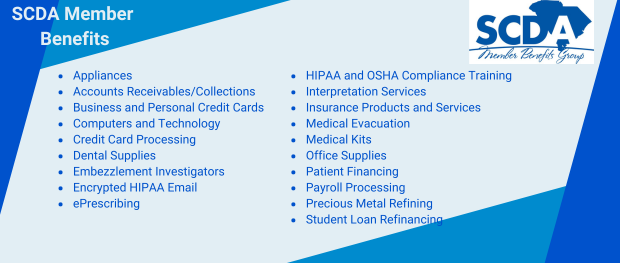
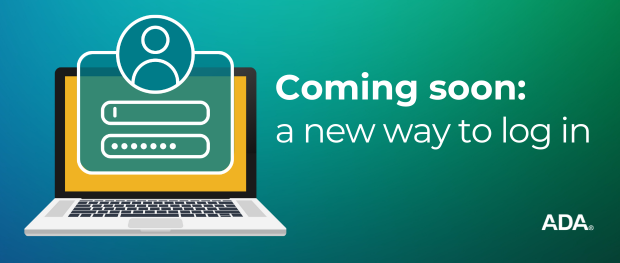
.png?sfvrsn=c1a6373d_3)
